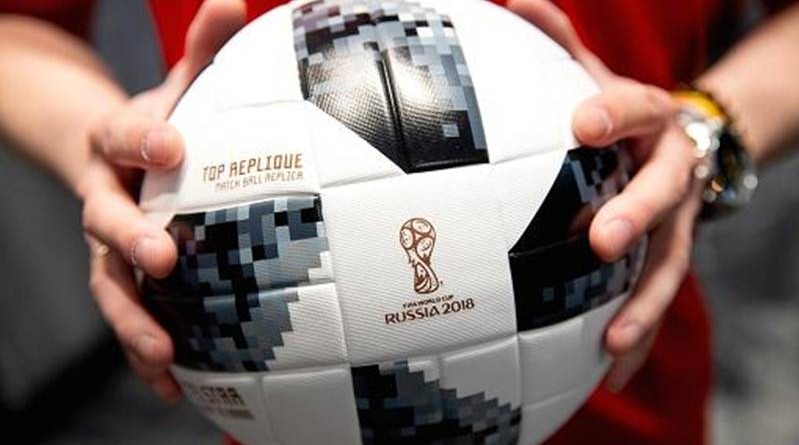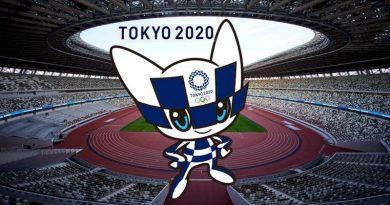Nigeria backs biennial World Cup
Once Arsène Wenger launched the idea of the World Cup being played every two years, several significant voices pledged their support. World Cup-winning captain Lothar Matthaeus (Germany) and former Golden Boot winner Gary Lineker (England) got behind the idea, with CAF President, Patrice Motsepe, the Royal Morocco Football Federation President, Fouzi Lekjaa and other voices across Africa following suit.
The prospect of the World Cup happening with greater frequency is gaining further traction, with the President of the Nigeria Football Federation, Amaju Pinnick adding his voice to those in favour.
“It’s a fact that competing at the highest level helps the less developed countries to raise their level,” said President Pinnick.
“It increases their experience and helps them to learn from mistakes. It is also a key way to bring a country and its’ key stakeholders behind an objective; including the fans, the sports authorities and also governments. When people can see that a result is achievable, that it’s realistic, and that everyone can commit seriously to it.
“With the World Cup being played every four years the opportunity to have this experience is too rare and spread over too great a time. Whole generations of players miss out, sometimes because of one match, potentially decided on one incident. If you lose the first two matches of a qualifying phase you know that you have missed your chance for the next six or seven years at least!”
Traditionalists could be loyal to the view of World Cups taking place in four-year cycle but Pinnick challenges those to be forward thinkers.
“The World Cup is played every four years for historic reasons linked with the Olympic cycle,” Pinnick added. It has been like this for almost 100 years. We cannot stand still and say “it was always like this so it should remain this way”. To say this is absurd. We can add one more month every four years to organize the most beautiful competition in the world and find ways to protect the players, clubs, leagues, federations and Confederation’s interests and this is neither irrational nor absurd.
“It makes sense every way we look at it. The World Cup every two years will not lose prestige and global audiences will still stop to see the spectacle. People need to come out of their comfort zone. The world is moving at incredible speed and football needs to adapt. The quality and appetite for a great competition doesn’t come from the fact that it’s rare. The FIFA Confederations Cup was played every four years and it wasn’t really significant. On the other hand, we have the AFCON played every two years and Africa stops to see it with incredible passion. And we can still keep playing it every two years!”
At the 71st FIFA Congress held in May 2021, 166 federations voted in favour of a motion requesting a feasibility study to halve the traditional four-year cycle of both men’s and women’s flagship tournaments and Pinnick is looking forward to seeing its results, whilst urging some reluctant European voices to unite with the rest of the world.
“I would definitely like to see the results of the feasibility study that FIFA was asked to do by 166 countries, which I’m sure included many Europeans”, Pinnick continued.
“The European confederation shouldn’t be afraid to join the rest of the World. This is a big chance for so many less-developed countries and it’s time for Europe to show true solidarity with Africa. I know Arsène Wenger is leading a comprehensive consultation in which he is listening to all the stakeholders, including players, coaches and fans, federations and confederations.
“I’m ready and willing to participate in that consultation and, in my opinion, the reorganisation of the International Match Calendar is extremely important to drive development of men’s, women’s and youth football in Africa and across the world.”
Read the article: https://bit.ly/2VRRl9j.




